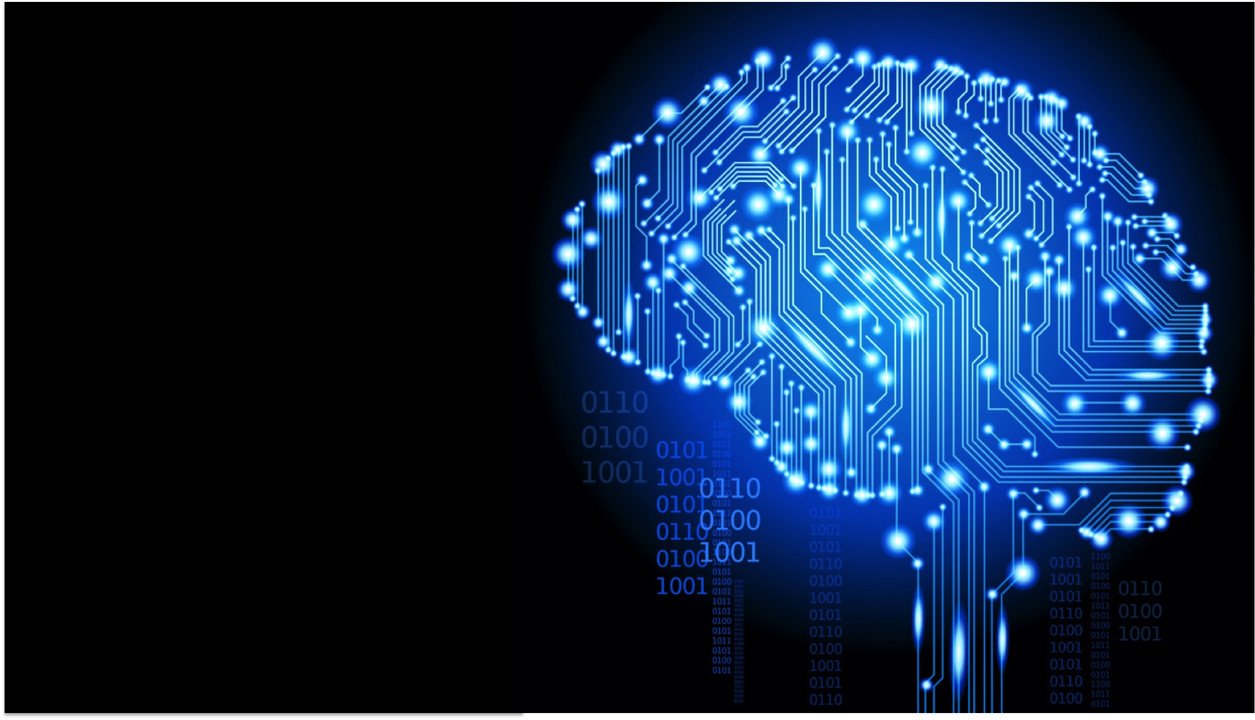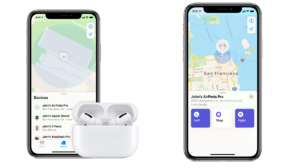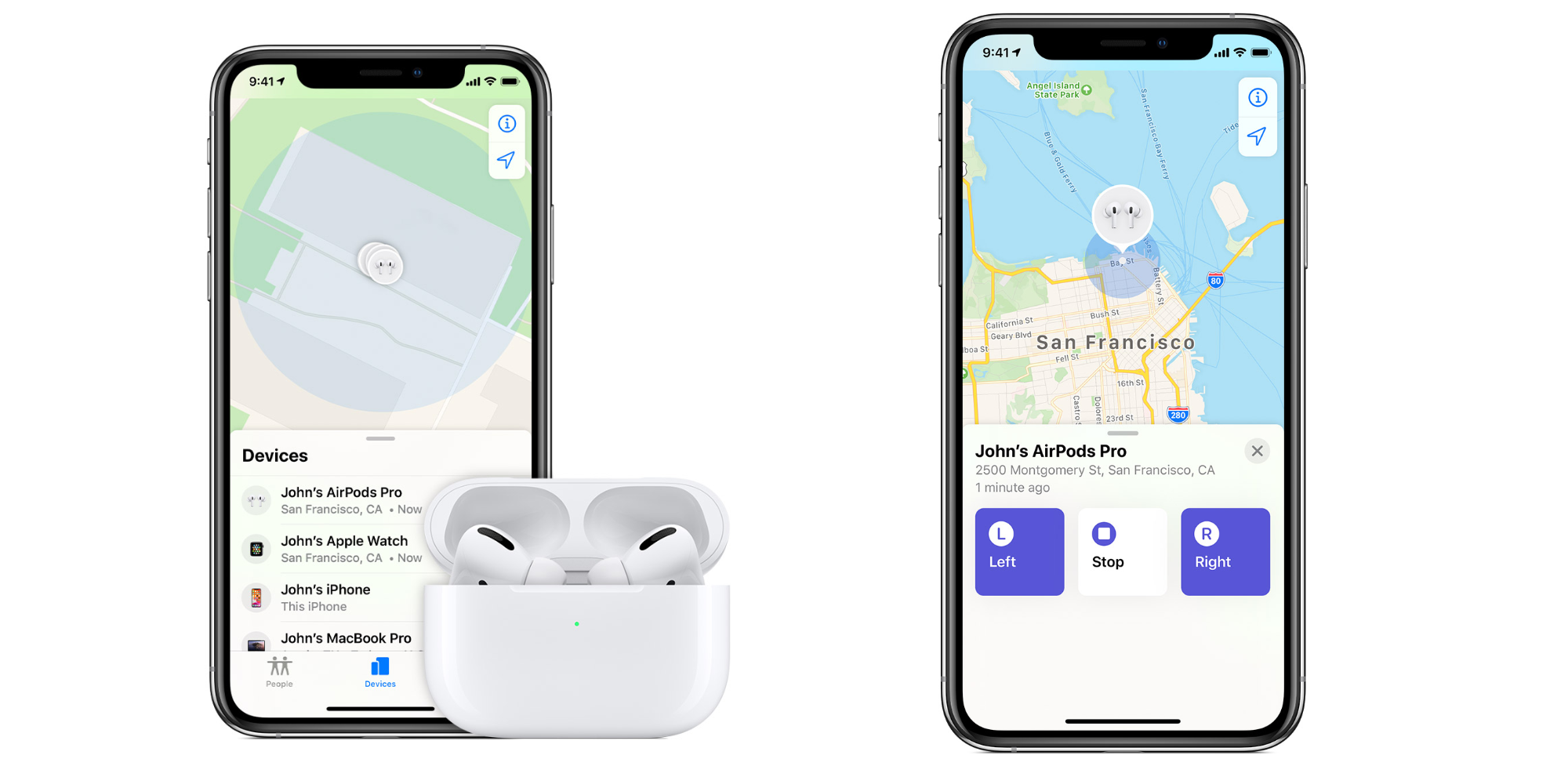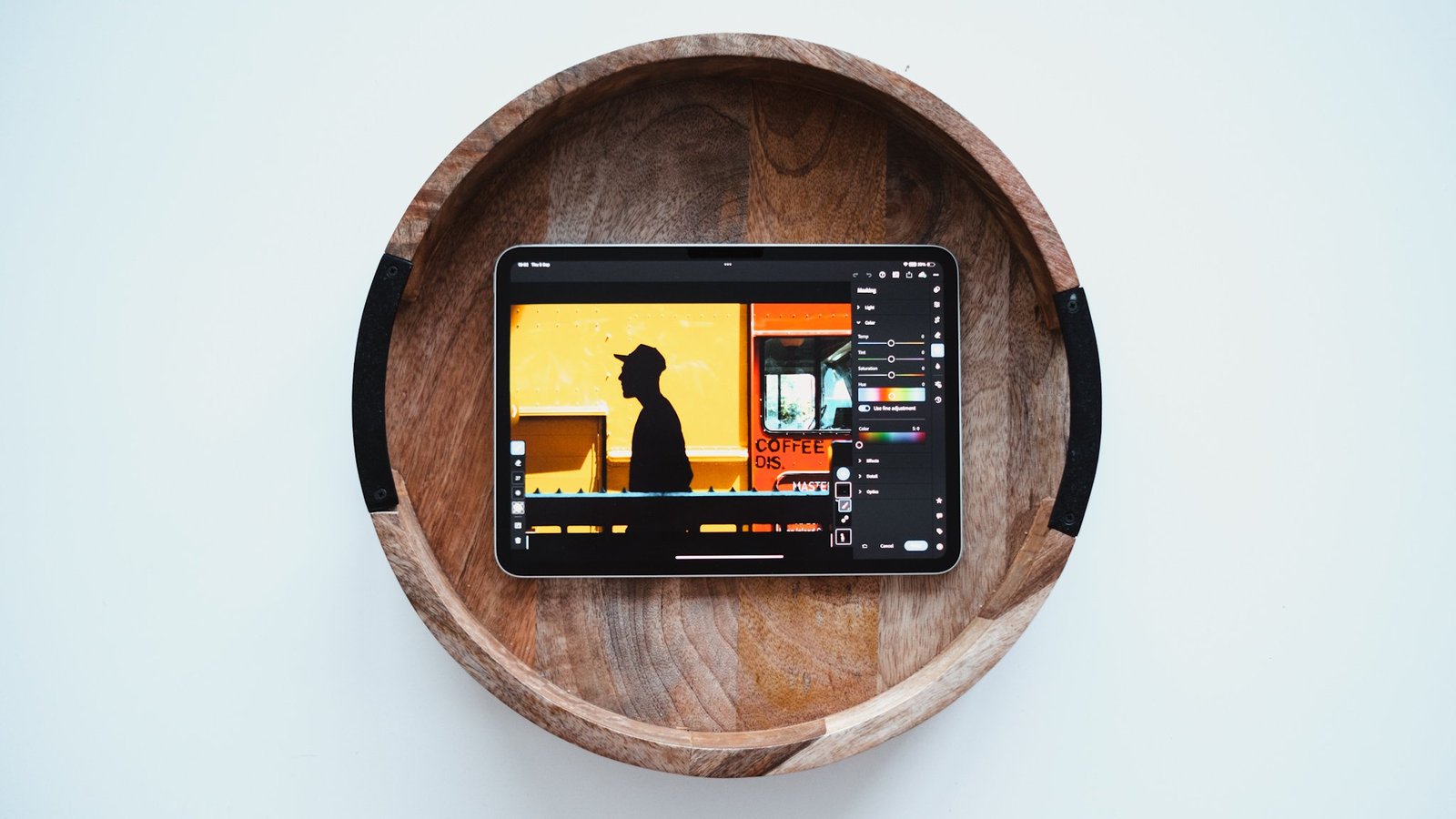The landscape of artificial intelligence is shifting. Gone are the days of faceless, monolithic AI systems; the future belongs to personalized assistants tailored to individual needs and preferences. This revolution is being driven by a new generation of AI models known as GPTs (Generative Pre-trained Transformers).
Key Highlights:
- GPTs (Generative Pre-trained Transformers) are a new breed of AI models empowering individuals to build custom AI assistants.
- OpenAI’s recent launch of custom GPTs has sparked a wave of innovation, allowing anyone to tailor an AI to their specific needs and preferences.
- No coding required – GPT creation interfaces are simple and intuitive, putting the power of AI in the hands of everyday users.
- Potential applications are vast, from streamlining daily tasks to boosting creativity and productivity.
- Ethical considerations and responsible development remain crucial as personalized AI takes center stage.

Pioneered by OpenAI, GPTs are adept at learning from massive amounts of text data, enabling them to generate human-quality text, translate languages, write different kinds of creative content, and answer your questions in an informative way. But the real game-changer lies in OpenAI’s recent launch of custom GPTs. This empowers anyone, regardless of technical expertise, to build their own AI assistant, fine-tuned for specific tasks and domains.
Building Your Own AI Sidekick
Imagine having a digital assistant who effortlessly helps you brainstorm marketing ideas, generates personalized workout routines, or even crafts bedtime stories for your children. With custom GPTs, this vision becomes reality. The process is surprisingly straightforward. Platforms like OpenAI’s GPT Playground offer user-friendly interfaces where you can train your GPT on custom data sets, fine-tune its responses, and even define its personality. No coding is required, making AI accessible to a wider audience than ever before.
A Universe of Possibilities
The potential applications of custom GPTs are boundless. Educators can create AI tutors personalized to each student’s learning style. Writers can leverage AI co-pilots to overcome writer’s block and generate fresh ideas. Businesses can build custom customer service chatbots that understand their specific products and target audience. The possibilities extend far beyond the professional realm, with GPTs offering assistance in daily tasks like managing schedules, organizing finances, and even providing companionship.
The Human Touch in the Age of AI
Of course, the rise of personalized AI raises important ethical considerations. Issues like bias, data privacy, and the potential for AI misuse must be addressed responsibly. It’s crucial to remember that GPTs are tools, and their outcomes depend on the intentions and choices of their creators. As we navigate this new era of AI, prioritizing responsible development and ensuring that human values remain at the core of its evolution is paramount.
The GPT revolution is just beginning, and its implications are far-reaching. By democratizing AI and putting the power of these powerful models in the hands of individuals, we are entering a new age of human-machine collaboration. The future of AI is not about replacing humans, but about empowering them with intelligent tools that can augment our capabilities and unlock new possibilities. As we embrace this future, it’s essential to remember that the key to success lies in harnessing the power of AI for good, ensuring that technology serves humanity and not the other way around.
















